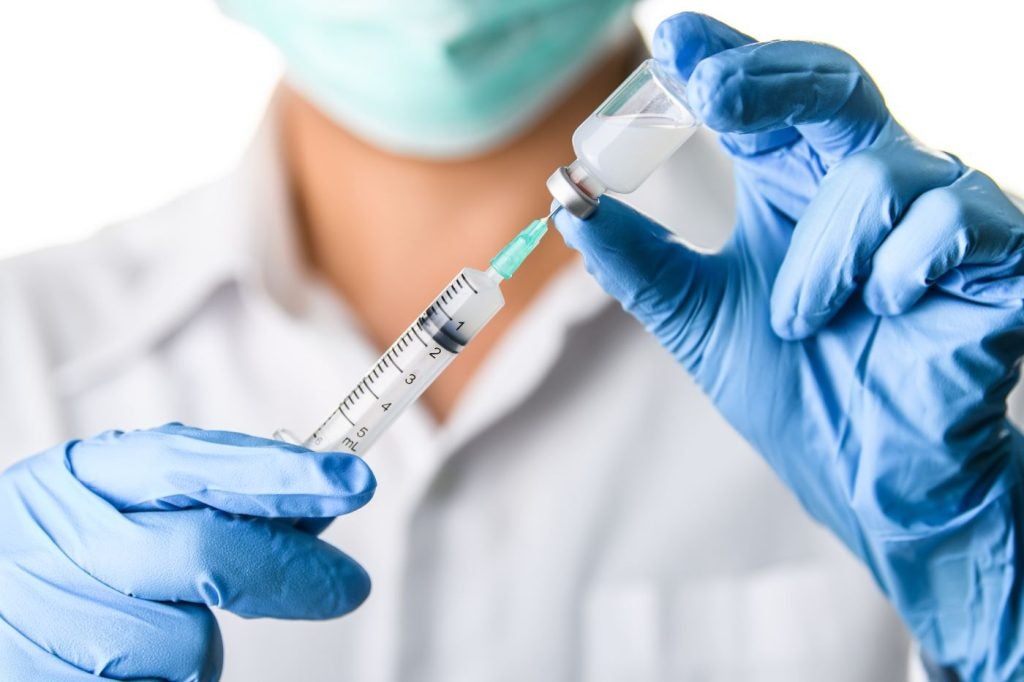Cervical cancer is a serious condition but can be prevented with the human papillomavirus (HPV) vaccine. A recent study in England has shown that the HPV vaccine in teenagers reduced the rate of cervical cancer by up to 85%. The result of this study was published in The British Medical Journal in May 2024 and the main finding was that the HPV vaccine was associated with a substantial decline in the incidence of cervical cancer. The National Health Service (NHS) in England has set an ambition to eliminate cervical cancer by 2040 and the effectiveness of the HPV vaccine will be the key component of this elimination strategy.
Falcaro and colleagues conducted an observational study in women aged 20–64 years and resident in England between 2006 and 2020. In England, the HPV vaccine was introduced nationally in 2008 and was routinely offered to girls aged 12–13 years, and to women under 19 years in the catch-up program from 2008 to 2010. In the follow-up period, the age-standardised incidence rate in vaccinated women was 83.9% lower in comparison to unvaccinated women. By 2020, it was estimated that vaccination had prevented 687 cervical cancer cases. Cervical cancer has a strong socio-economic gradient in England, with the women in the deprived group having double the risk compared to the least deprived. The risk in the deprived group is related to increased exposure to HPV infection and the differential uptake of screening and other preventative services. Despite the differences in socio-economic groups, this study found that cancer risk was reduced in all groups substantially.
Cervical cancer occurs in the cells of the cervix, which connects the vagina (birth canal) to the upper part of the uterus. All women are at risk for cervical cancer, although women aged 30 years and older are most at risk. Chronic infection lasting years with certain types of HPV leads to cervical cancer. HPV is linked to 99% of cervical cancer and this virus is transmitted through sexual contact. The Centers for Disease Control and Prevention in the US recommends routine vaccination for patients aged 11–12 years up to 26 years. The World Health Organization (WHO) strategy and recommendation for cervical cancer includes 90% of girls receiving the HPV vaccine by 15 years of age by 2030. In England, the national HPV vaccination program offers routine vaccination for 12–13-year-old young women.
GlobalData epidemiologists forecast that the diagnosed incident cases of cervical cancer in the UK will grow minimally from 3,200 cases in 2024 to 3,300 cases in 2030. The primary reason for low growth in cervical cancer cases is increasing awareness, access to screening, and the availability of the HPV vaccine. The NHS in England has set an ambition to eliminate cervical cancer by 2040, and to achieve this target, HPV vaccine uptake should be encouraged and made accessible to women.









